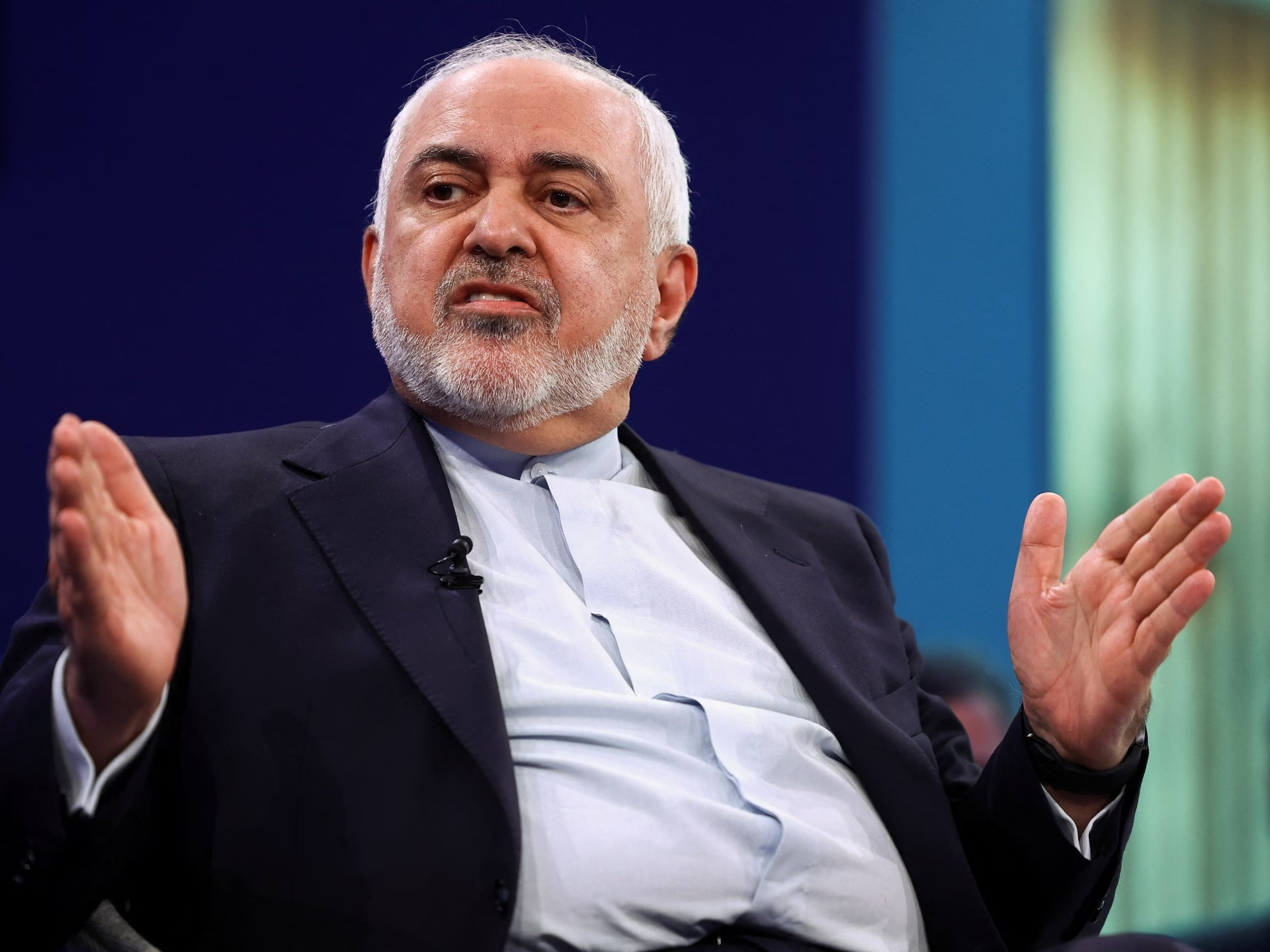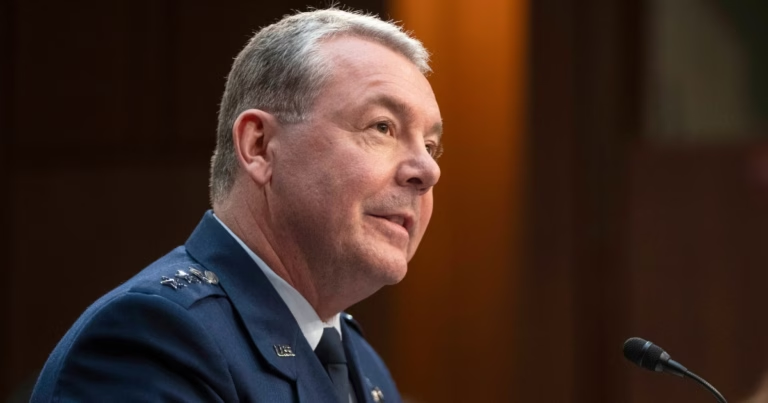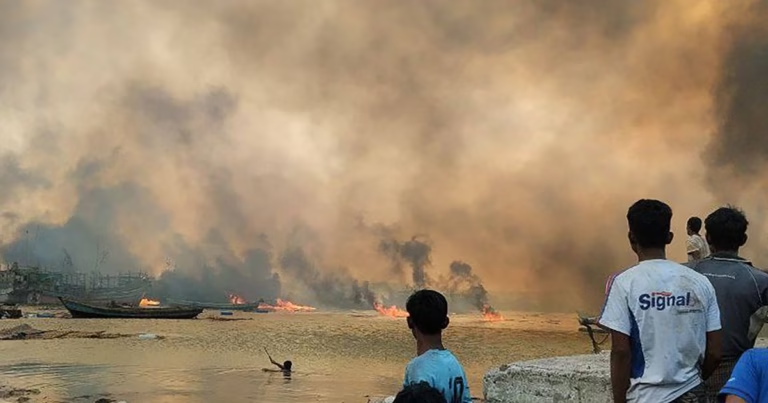Tehran, Iran – Mohammad Javad Zarif, who served as a key adviser on foreign policy to Iran’s president and played a pivotal role in negotiations with Western nations that led to Iran’s 2015 nuclear deal, has once again submitted his resignation. This decision follows intense opposition from conservative factions within the country.
In a personal statement posted online, the former foreign minister acknowledged the resignation, citing it as the culmination of a lengthy and challenging 40-year career in public service. Notably, Zarif mentioned that he had been advised by the judiciary chief, Gholamhossein Mohseni Ejei, to step down and return to academia, ostensibly to alleviate pressure on the government during a tumultuous period for the country.
The decision to resign came under a cloud of controversy, particularly due to legislation from 2022 that prohibits individuals with dual nationality or those having first-degree relatives who are citizens of foreign countries from occupying public offices. Zarif’s children are U.S. citizens, subjecting him to the provisions of this law.
As of now, Iran’s newly elected centrist president, Masoud Pezeshkian, has not publicly commented on Zarif’s resignation, although his office has confirmed receipt of the resignation letter.
In parallel, the hardline and conservative members of the Iranian Parliament impeached Abdolnaser Hemmati, the economy minister, further tightening the belt on the centrist faction. These actions are aligned with the broader political landscape, where conservatives have dominated the legislature for the past five years, largely due to low voter turnout.
The political tensions and the economic challenges faced by Iran, including high inflation rates and a plummeting national currency, have maintained an atmosphere rife with uncertainty. The interim government grapples with the potential for domestic unrest, which they attribute largely to foreign influences, particularly the United States and Israel.
President Pezeshkian highlighted the restrictive stance on negotiations with the United States, aligning with the supreme leader’s directive. This stance is reflective of a broader diplomatic challenge, as the remainder of the Iranian nuclear accord’s key deadlines approach in October, with EU nations being pressed to decide on the activation of sanctions.
In summary, the resignation of Zarif and Hemmati, amidst the political and economic volatility in Iran, indicates a likely strengthening of hardline policies in response to internal pressures and the portrayal of external threats by the government. This scenario is fraught with implications for both domestic governance and international relations, potentially signifying a period of increased diplomatic isolation and conservative governance.
Source: https://www.aljazeera.com/news/2025/3/3/irans-zarif-resigns-amid-political-wrangling-over-economic-woes?traffic_source=rss








